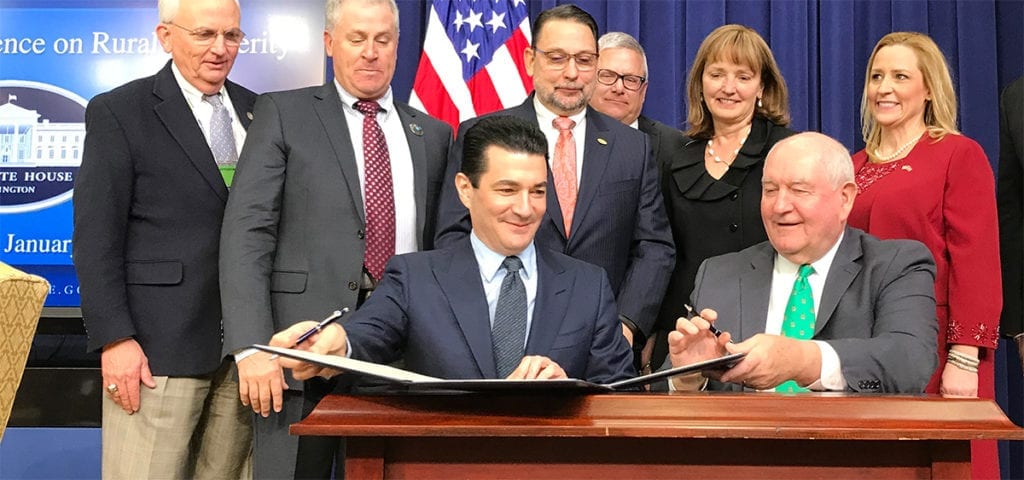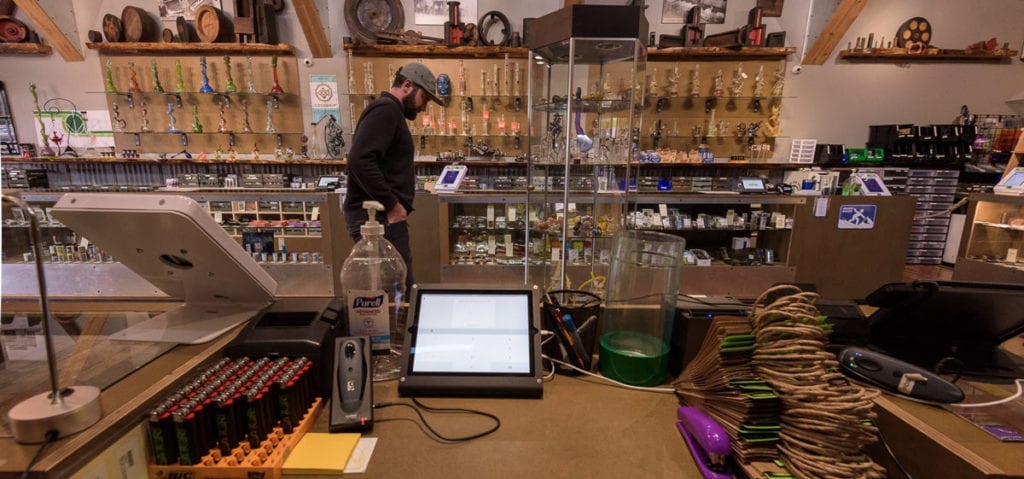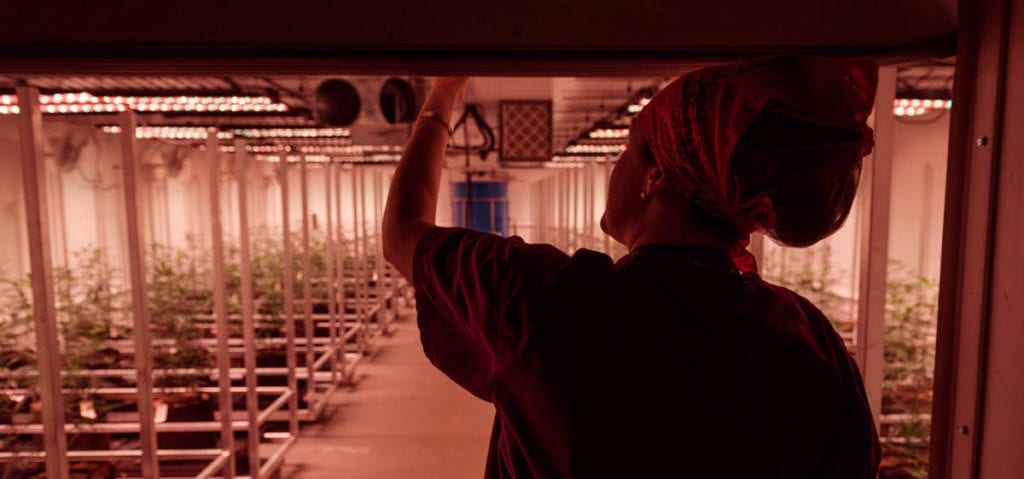According to state reporting, adult-use sales in California grew significantly in the third quarter, totaling $350 million, according to The Motley Fool.
Matt Karnes of GreenWave Advisors said the numbers represent a 24 percent increase over the previous quarter. This is good news for California, as the state has struggled to meet sales expectations since cannabis became legal in January 2018. Many towns have outright banned adult-use dispensaries, resulting in lower-than-expected sales as many people have remained with their illicit sources due to a lack of retail locations.
The state increased the number of dispensary licenses by 10 percent in the third quarter which, combined with increased dispensary sales, accounts for the 24 percent increase. From the $350 million in adult-use sales in Q3, California collected $52 million in taxes, surpassing last quarter’s $42 million and blowing the first quarter’s $34 million out of the water.
Several large, publicly-traded cannabis companies are expected to see the benefits of California’s improved sales rates. Both KushCo Holdings and MedMen Enterprises, two over-the-counter cannabis stocks, do a majority of their business in the California market.
California’s adult-use market is quickly catching up in revenue to its medical cannabis market, which completed $3 billion in sales last year. California’s medical market alone is almost twice as large as Colorado’s medical and adult-use markets, combined.
As more dispensaries open and supply chain issues are solved, California‘s growth should not slow any time soon.
End

























